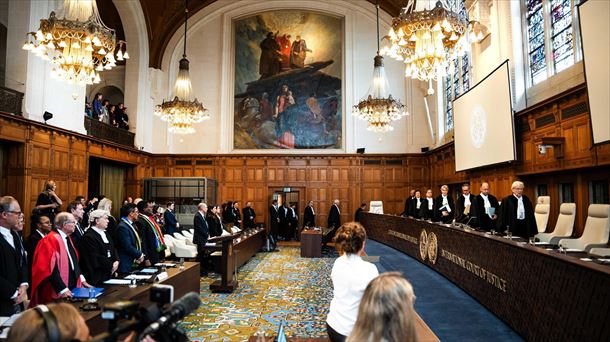The agreement on the export of Ukrainian grain must be preserved. Talks are scheduled for Wednesday and Thursday in the Turkish city of Istanbul. In return, the Russian government has demanded easier exports of its own grain and fertilizer.
Nearly 30 million tons of Ukrainian grain and food have been exported since the Black Sea Agreement, according to the United Nations. Nearly 600,000 tons went to Afghanistan, Ethiopia, Kenya, Somalia and Yemen. Now the agreement, which runs until May 18, may fail or not be extended. According to Ukrainian sources, the Russian side refuses to register and inspect incoming ships. This is one of the agreements to ensure that no illegal goods are transported.
The Russian government is demanding simplified exports of Russian grain and fertilizer as a new condition. Ukrainian Agriculture Minister Mykola Solsky reacted calmly to the approaching end of the agreement. It’s not an “apocalyptic scenario,” he said. “Ukrainian farmers and traders have shown that they can do a lot – and there are many (export) routes to be determined.”
Route shift likely
Meanwhile, the Ukrainian government has intensified exports through its Danube ports. While the Danube played only a minor role before the war, its volume has since multiplied to about 1.5 million tons of grain per month. The main destinations are the Romanian Black Sea ports. That is why it is now also planned to deepen the Bystre Canal, which connects the Danube to the Black Sea. This means that 500,000 tonnes of extra grain can be exported every month.
Austria should hardly be affected by these plans. In the previous year, about half less goods were transported from Ukraine to Austria on the Danube. This is evident from figures from Statistics Austria.
Source: Krone
I am Wallace Jones, an experienced journalist. I specialize in writing for the world section of Today Times Live. With over a decade of experience, I have developed an eye for detail when it comes to reporting on local and global stories. My passion lies in uncovering the truth through my investigative skills and creating thought-provoking content that resonates with readers worldwide.



